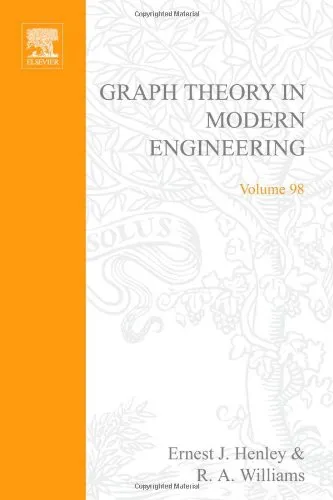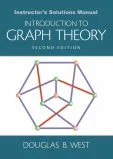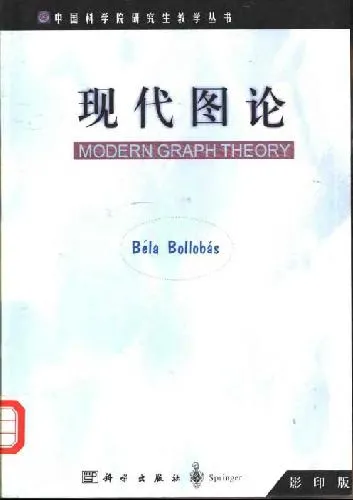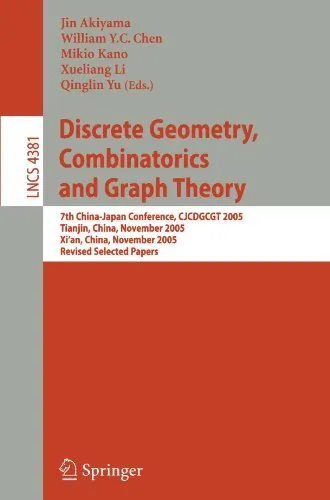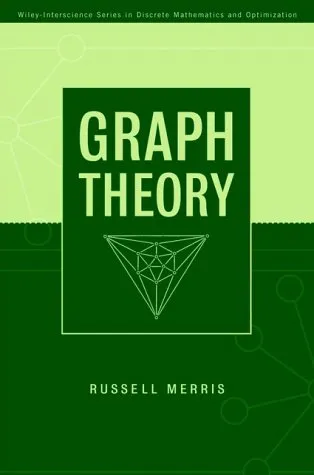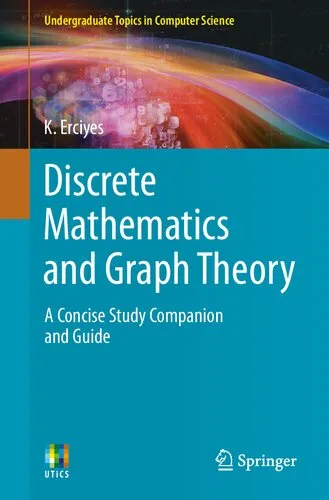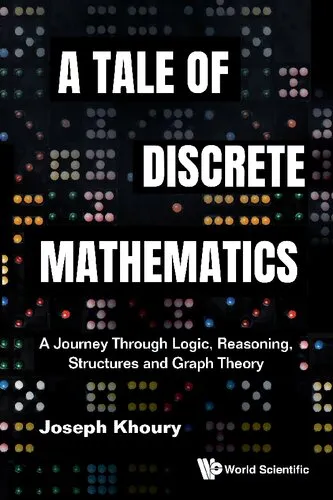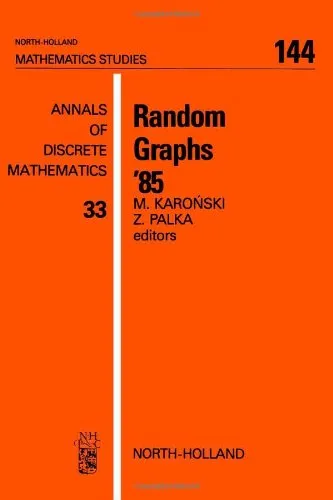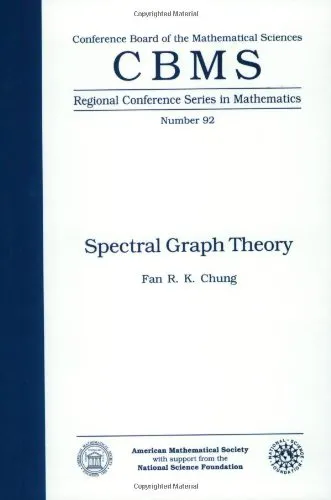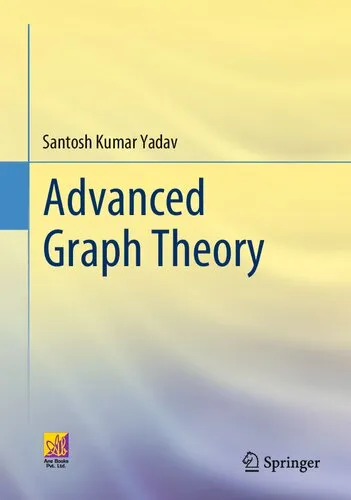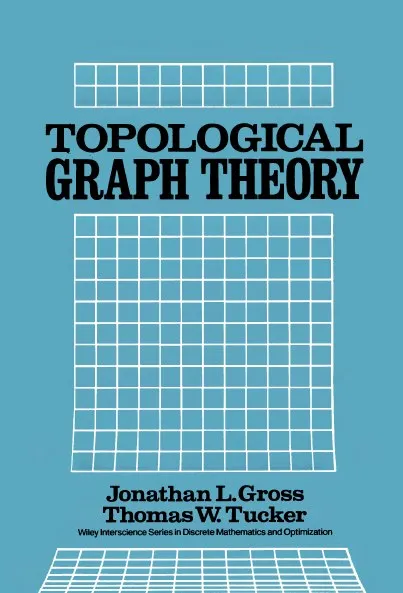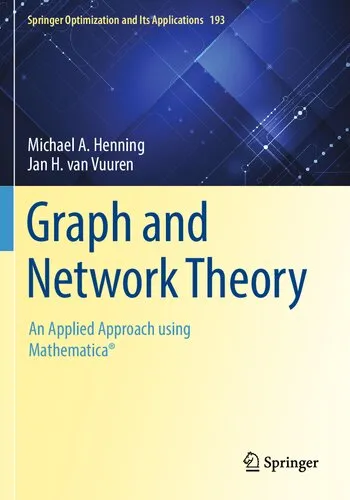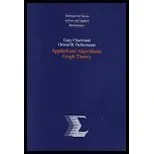Graph Theory in Modern Engineering: Computer Aided Design, Control, Optimization, Reliability Analysis
4.5
Reviews from our users

You Can Ask your questions from this book's AI after Login
Each download or ask from book AI costs 2 points. To earn more free points, please visit the Points Guide Page and complete some valuable actions.Related Refrences:
Introduction to Graph Theory in Modern Engineering
Welcome to a journey through the compelling world of graph theory as it interfaces with modern engineering. "Graph Theory in Modern Engineering: Computer Aided Design, Control, Optimization, Reliability Analysis" serves as a comprehensive resource for professionals and academics alike, blending theoretical underpinnings with practical applications. This book is designed to bridge the gap between complex mathematical concepts and their real-world engineering applications.
Detailed Summary of the Book
The book delves into the intricate but fascinating realm of graph theory, beginning with fundamental concepts and progressing towards its intricate applications in modern engineering domains. Initially, the text covers essential graph theoretical constructs such as vertices, edges, paths, circuits, and trees, establishing a robust foundation for readers. As the narrative progresses, the focus shifts towards its practical implications in various engineering fields.
The sections on Computer-Aided Design (CAD) explore how graph theory aids in the synthesis and analysis of circuits and networks, optimizing pathways, and ensuring effective configuration management. In control systems, the book elucidates the use of graphs in modeling dynamic systems and streamlining process control strategies. The chapters on optimization reveal how graph algorithms enhance resource allocation, scheduling, and routing, driving efficiency across engineering projects. Furthermore, reliability analysis showcases graph theory's role in assessing system robustness and fault tolerance, ensuring resilient engineering solutions.
Key Takeaways
- An in-depth understanding of graph theoretical concepts and methodologies essential for engineering applications.
- Insight into practical applications across CAD, control systems, optimization, and reliability analysis.
- Techniques for leveraging graph algorithms to improve design, streamline processes, and enhance system reliability.
- Case studies and examples that illustrate the successful application of graph theory in solving engineering challenges.
Famous Quotes from the Book
"In the landscape of modern engineering, graph theory serves not just as a mathematical technique, but as a critical thinking framework that propels innovation."
"The quintessence of graph theory lies in its versatility, offering unparalleled solutions across diverse engineering challenges."
Why This Book Matters
In today's fast-evolving technological landscape, engineers are continuously faced with complex challenges that demand innovative solutions. This book equips them with the sophisticated tools of graph theory, presenting methodologies that are both efficient and effective. Graph theory is not merely an academic discipline—when leveraged correctly, it becomes a cornerstone of modern engineering practices.
By integrating graph theory into engineering processes, professionals can significantly enhance their approach to design, control, and optimization, ensuring that systems are not only functional but also fault-tolerant and highly efficient. As industries strive for greater operational excellence, the frameworks and insights offered in this book are invaluable for driving future advancements. Whether you are an engineer, a researcher, or a student, immersing yourself in the topics discussed here will expand your analytical skills and broaden your problem-solving toolkit.
Free Direct Download
You Can Download this book after Login
Accessing books through legal platforms and public libraries not only supports the rights of authors and publishers but also contributes to the sustainability of reading culture. Before downloading, please take a moment to consider these options.
Find this book on other platforms:
WorldCat helps you find books in libraries worldwide.
See ratings, reviews, and discussions on Goodreads.
Find and buy rare or used books on AbeBooks.
1429
بازدید4.5
امتیاز0
نظر98%
رضایتReviews:
4.5
Based on 0 users review
Questions & Answers
Ask questions about this book or help others by answering
No questions yet. Be the first to ask!
